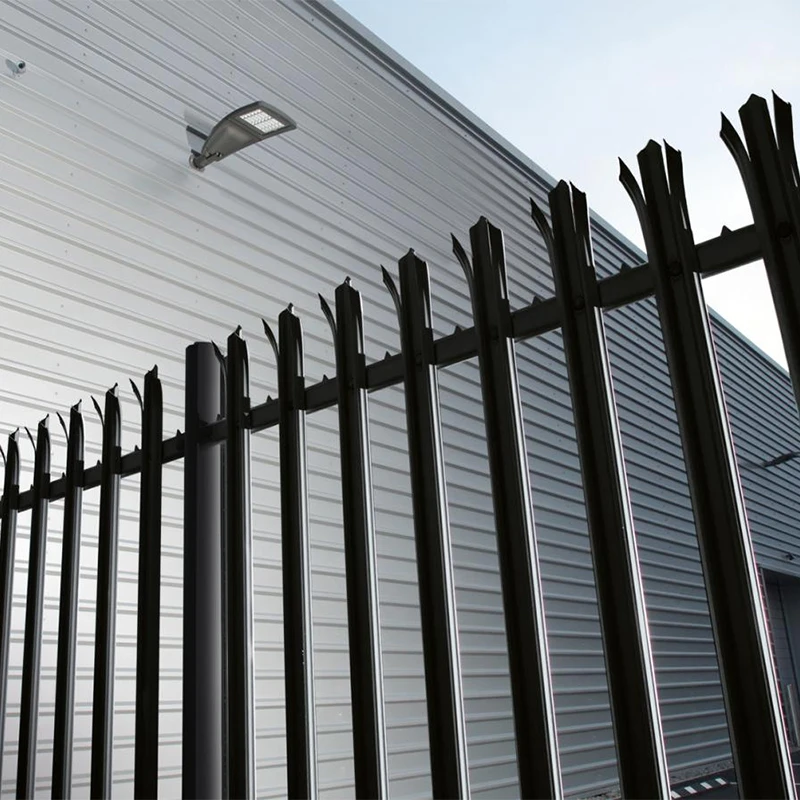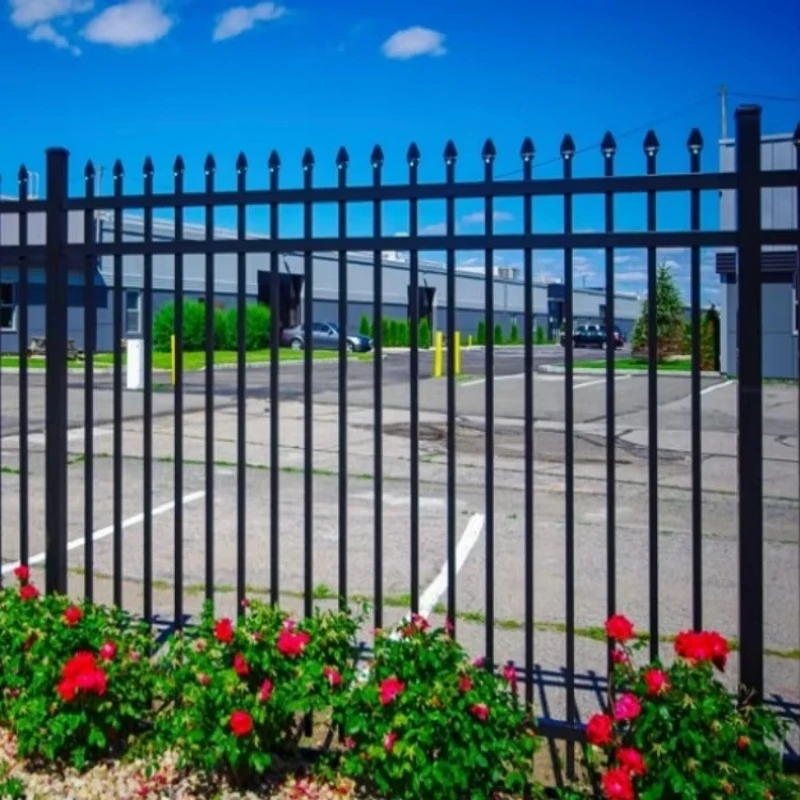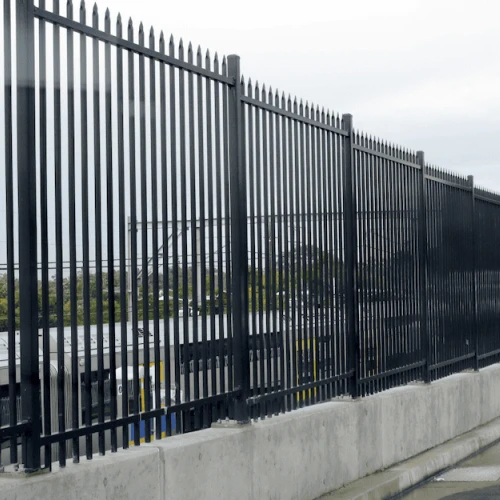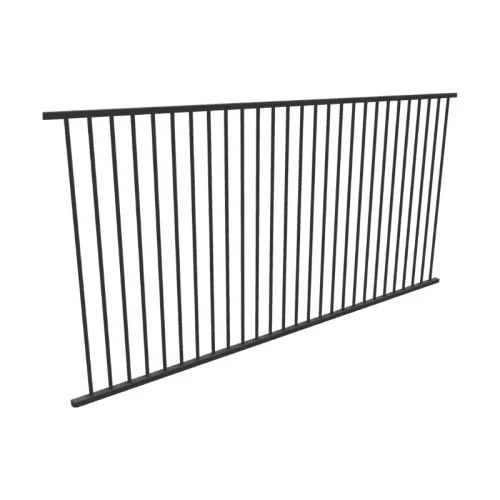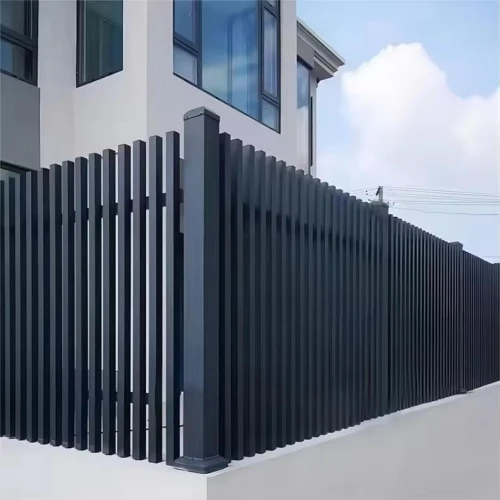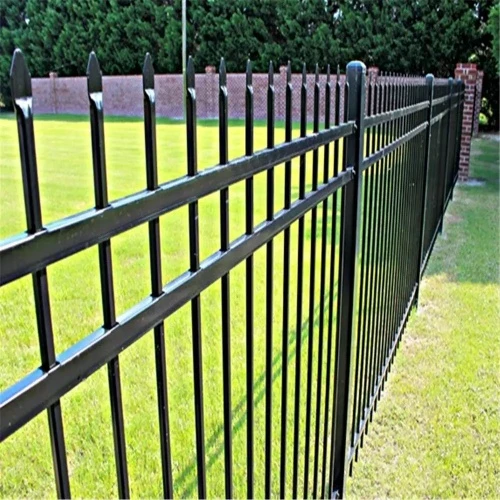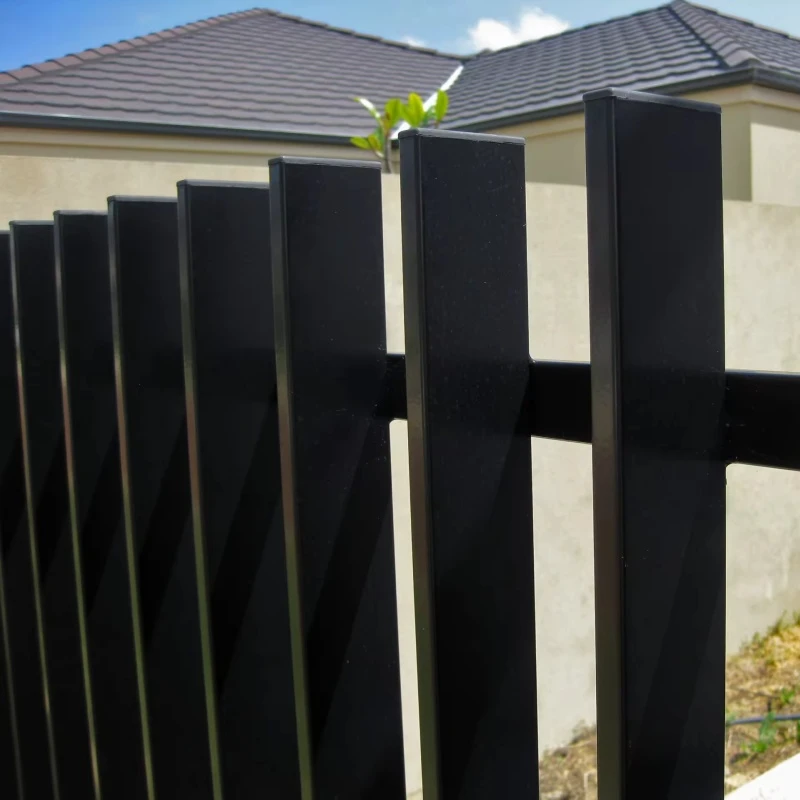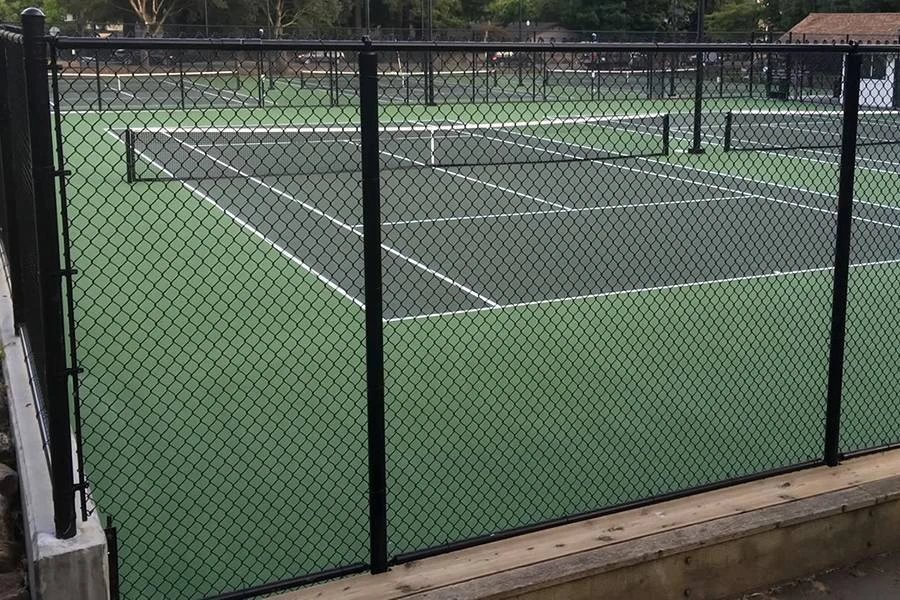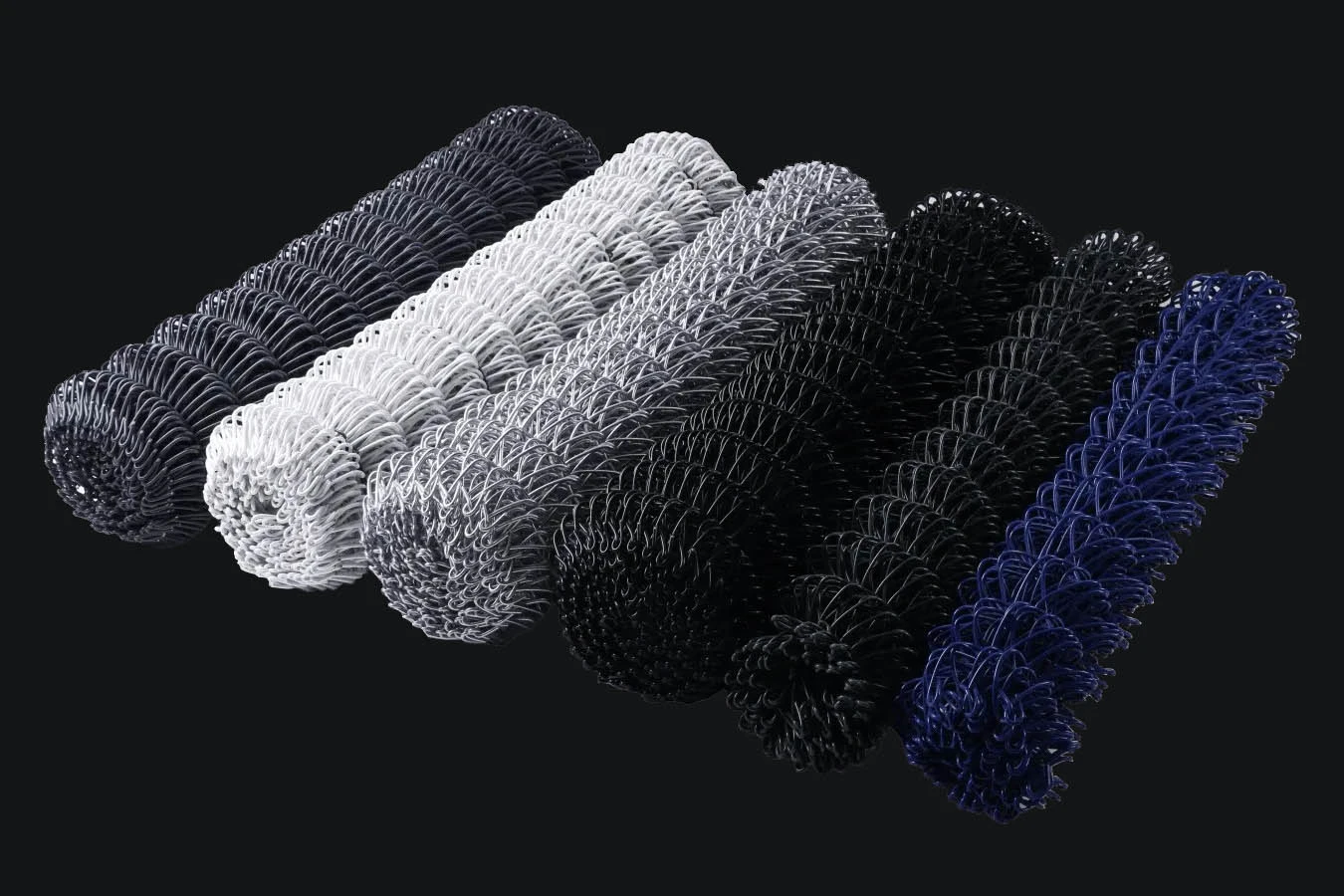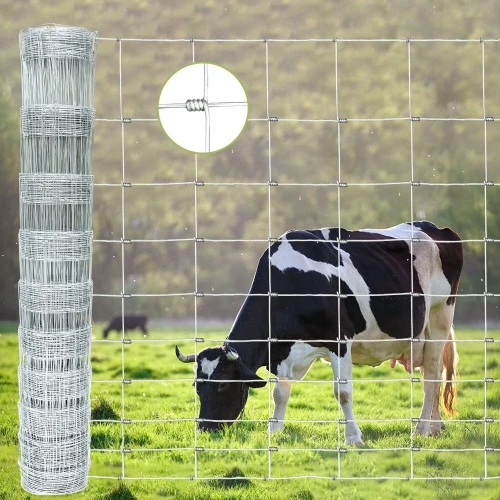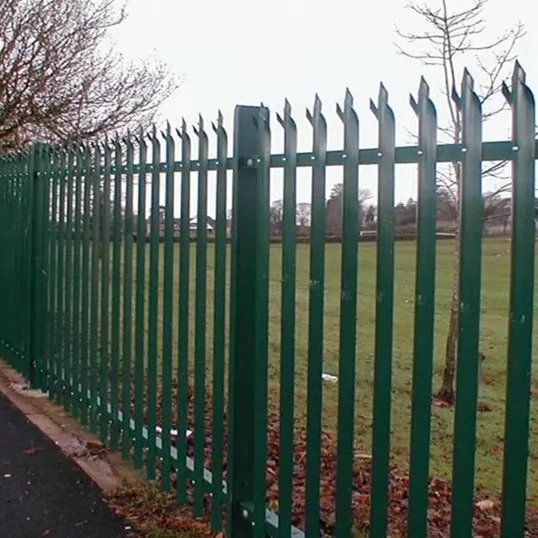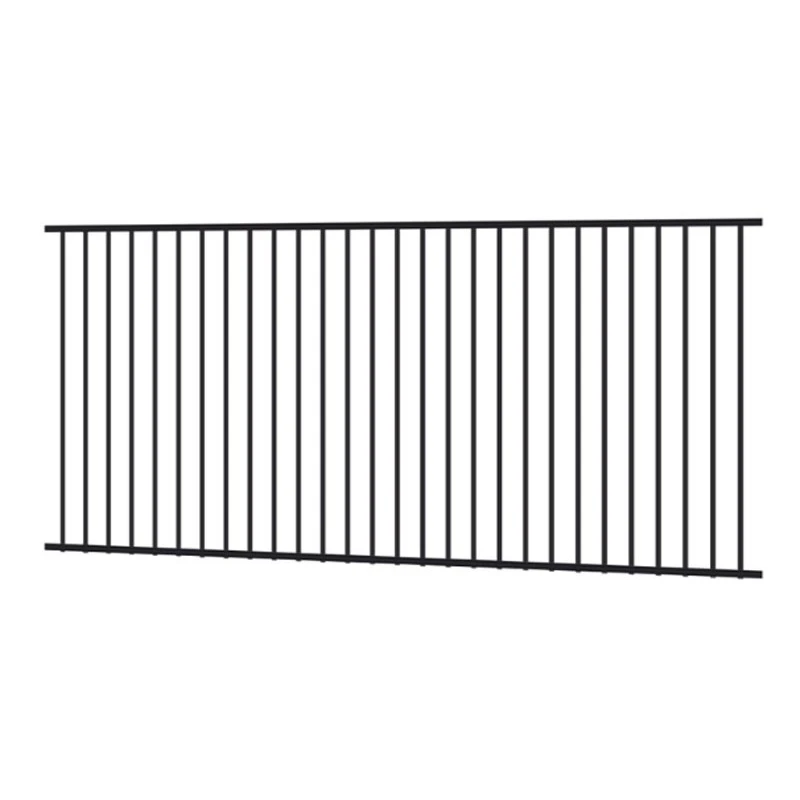Bangjun Metal offers a wide range of high-quality metal fencing solutions, designed to meet the security, durability, and aesthetic requirements of residential, commercial, and industrial applications. Our fences are made from corrosion-resistant materials like galvanized steel and aluminum, ensuring long-lasting performance even in harsh weather conditions, while requiring minimal maintenance. With options like palisade fencing, welded wire mesh, and ornamental aluminum fencing, our products provide robust protection and enhanced security for properties, industrial sites, and restricted areas. Unlike traditional wood fences, our metal options don’t warp or crack and eliminate the need for frequent repainting, saving you time and maintenance costs. Additionally, our metal fences are available in a variety of designs, from decorative garden fences to high-security steel panels, offering a perfect balance of strength and aesthetic appeal. Installation is simplified with pre-assembled panels and modular designs, reducing both time and labor costs. Whether you need a stylish perimeter fence or a high-security barrier, Bangjun Metal provides reliable, low-maintenance, and visually appealing solutions to meet your needs.
What Are the Most Common Types of Metal Fences?
There are several types of metal fences, each with unique characteristics that make them suitable for different applications. One of the most popular types is wrought iron fencing, known for its strength and decorative appeal. Wrought iron fences can be customized with intricate patterns and designs, making them an excellent choice for residential properties, historical buildings, and upscale commercial establishments. However, they require regular maintenance to prevent rust and corrosion. Steel fences are another common option, offering superior strength and durability. They are often used for security purposes in industrial and commercial areas. Galvanized or powder-coated steel fences are highly resistant to rust and require minimal upkeep. Some steel fences come with additional features such as spear tops or reinforced panels to enhance security. Aluminum fencing is a lightweight yet durable alternative to wrought iron and steel. It is resistant to rust and corrosion, making it an excellent choice for areas with high humidity or coastal locations where saltwater exposure can be an issue. Aluminum fences are also easy to install and require little maintenance. Chain link fencing is one of the most cost-effective and widely used metal fence types. It provides a strong and flexible barrier, making it ideal for security applications in schools, parks, sports facilities, and industrial properties. While not as visually appealing as wrought iron or aluminum, chain link fences can be coated in different colors for a more attractive appearance. Another common type is wire mesh fencing, which is similar to chain link but with smaller openings, providing increased security. This type of fence is often used for enclosures, animal containment, and agricultural applications. In summary, the most common types of metal fences include wrought iron, steel, aluminum, chain link, and wire mesh, each offering unique advantages depending on the specific needs of the property owner.
How Can You Maintain a Metal Fence?
Proper maintenance is essential to ensure the longevity and functionality of a metal fence. One of the first steps in maintaining a metal fence is to conduct regular inspections. Checking for signs of rust, corrosion, or damage allows for early detection of potential issues, preventing them from worsening over time. If rust spots are found, they should be removed immediately using a wire brush or sandpaper before applying a rust-resistant primer and paint. Cleaning the fence regularly is also important. Dirt, debris, and grime can accumulate on the surface, leading to premature wear. Washing the fence with a mild detergent and water, followed by rinsing it thoroughly, helps maintain its appearance and prevents buildup that could contribute to deterioration. Protective coatings play a crucial role in metal fence maintenance. Many metal fences are galvanized or powder-coated to provide resistance against rust and corrosion. Reapplying protective coatings when needed helps extend the life of the fence. For wrought iron fences, a fresh coat of paint every few years is recommended to prevent oxidation. Lubricating hinges and other moving parts ensures smooth operation and prevents them from becoming stiff or squeaky. This is particularly important for gates, as rusted hinges can lead to difficulty in opening and closing. In areas with high humidity or coastal environments, additional protective measures such as applying a clear sealant or using a specialized rust inhibitor may be necessary. Trimming vegetation around the fence prevents plants from growing against it, which can trap moisture and accelerate rusting. Finally, any loose or damaged sections should be repaired promptly to maintain structural integrity. By following these maintenance steps, a metal fence can remain in excellent condition for many years, providing security and aesthetic appeal without frequent repairs or replacements.

